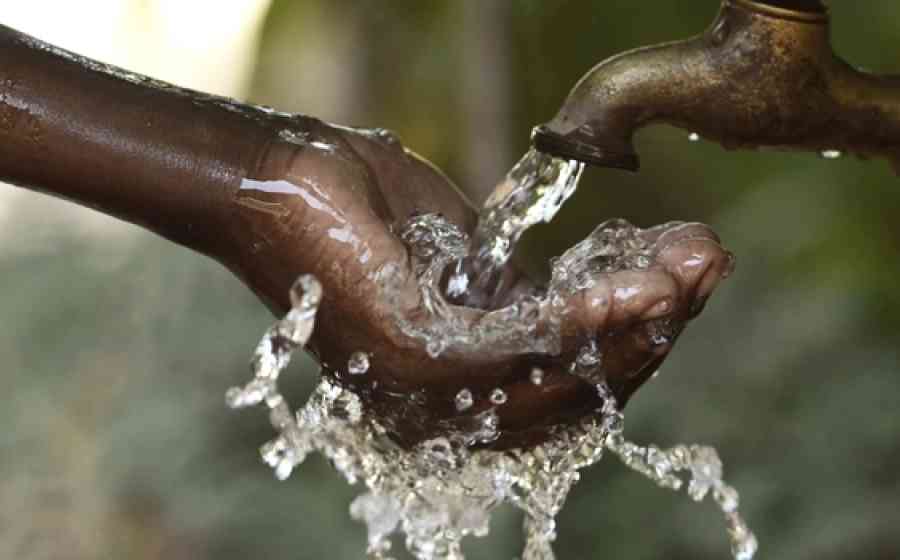
HARARE residents have urged government to give the local authority water and sanitation grants for it to effectively respond to the cholera outbreak currently wreaking havoc in the high- density suburbs.
Some of the cholera hotspots in the city include Mbare, Glen View, Budiriro, Glen Norah and Highfield.
Harare Residents Trust Association (HRT) executive director Precious Shumba yesterday told NewsDay that they were concerned by the “dismal failure by the City of Harare to contain the medieval disease”.
“Imagine residents of Budiriro, Glen View, Glen Norah, Chizhanje, Highfield, Mbare and St Mary’s, among other suburbs have to contend with daily underground sewage and water pipe bursts due to the failure by the City of Harare to timely respond to this huge challenge,” he said.
Shumba blamed central government for neglecting its obligations and concentrating on shifting blame instead of working with council to solve the problem.
He said government should immediately contain the crisis by providing a health services, water and sanitation grant to Harare City Council and other local authorities to replace the sand-filled, rusty and obsolete underground water and sewage pipes in most affected areas.
“To compound the situation, serious sewerage bursts have been left unattended resulting in untreated sewage being discharged into the streams and rivers feeding into Lake Chivero, the main water body for the Harare Metropolitan province,” Shumba said.
The sewage is also contaminating groundwater, resulting in boreholes being polluted.
- Harare cancels Pomona waste deal
- Chamisa party defiant after ban
- Devolution gains remain a mirage
- New framework to tackle IPPs’ hurdles
Keep Reading
Combined Harare Residents Association director Reuben Akili blamed lack of access to water and sewer bursts for the cholera outbreak in the capital.
“The cholera outbreak is emanating from the contaminated water from all sources such as boreholes, taps and wells. Research shows that it has been coming from wells, but again the tap water has not been tested to ascertain whether it is a major challenge as it is characterised by odour, stench and the colour itself,” Akili said.










